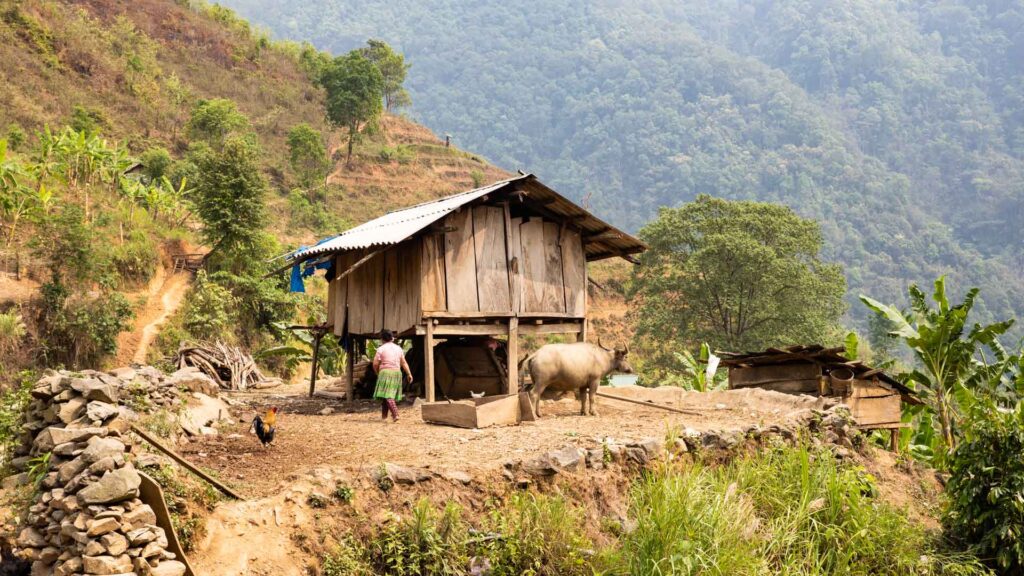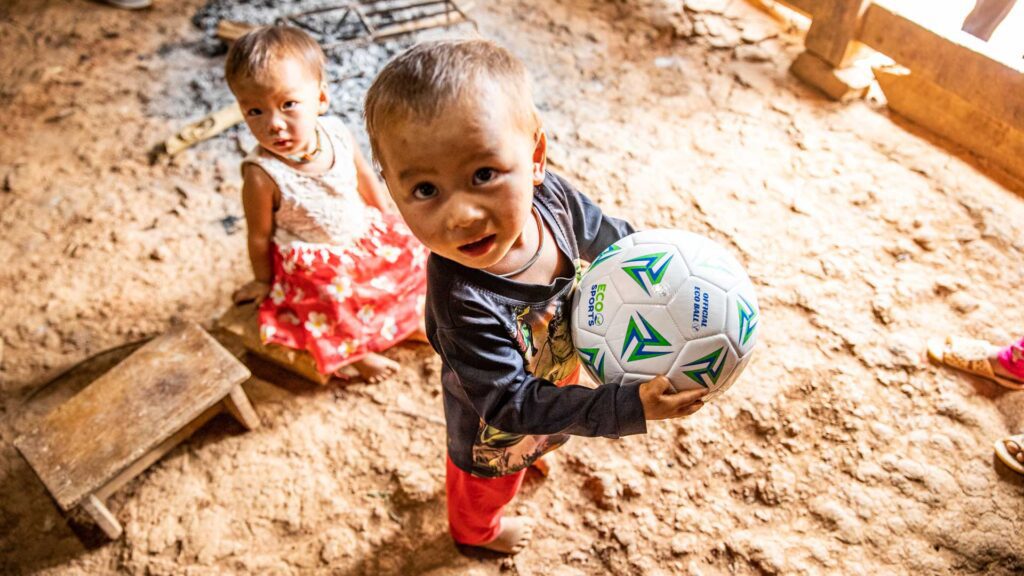Deworming in Vietnam
Soil-transmitted helminths (STH) impact 24% of the world’s population and impair the nutritional status of the people they infect in multiple ways.1 The worms feed on host tissues, including blood, which leads to a loss of iron and protein.1 They can cause chronic intestinal blood loss that can result in anemia, and some STH infections can lead to severe diarrhea and dysentery.1 The worms increase the malabsorption of nutrients and can lead to a loss of appetite and a reduction of nutritional intake and physical fitness.1 Decreased intake of all nutrients is the most important in terms of magnitude and is likely the leading cause of stunted growth and development in young children.2 In addition to stunted physical and cognitive development in children, chronic STH infections can lead to reduced work productivity in adults, adverse pregnancy outcomes in women of reproductive age, and poor school performance in children.2

In Vietnam, STH infection remains a major threat to public health and extends the continuation of poverty in highly endemic regions.3 Most STH infections are distributed within underserved communities in Vietnam, such as the mountainous regions in Northern and Central Vietnam where local communities lack access to proper hygiene and the conditions for STH transmission are optimal.3
Vitamin Angels started providing deworming treatments to children under 5 in Vietnam in 2008 and has served 6,381,250 children since the start. The Worm Project has been supporting the Vitamin Angels’ deworming work in Vietnam since the partnership began in 2013 and has helped Vitamin Angels to build and effective deworming program there. Last year alone we served 500,000 children.
Vitamin Angels and maintains a long-standing relationship with Save the Children, Vietnam along with the National Institute of Nutrition (NIN), a division under the Ministry of Health (MOH) that was established in 1980 by the Government of Vietnam. The NIN is the leading institution responsible for research, training and implementation activities in the field of nutrition, food sciences, and clinical nutrition for the whole country of Vietnam.

A National Institute of Nutrition representative shared “Vietnam is a country where STH are still a significant threat to humans (due to geography, climate, and issues with sanitation). In recent years the problem of STH infection has decreased compared to previous years. Regular deworming programs for children in Vietnam, along with improved sanitation, have played a key role in that. However, STH infection is still prominent in several communities throughout Vietnam and impacts many young children here. It is a public health issue that needs immediate attention.
In 2018 The Ministry of Health of Vietnam updated its guidelines for vitamin A supplementation for children up to age five combined with deworming, and continues to affirm this recommendation, as well as its commitment to addressing STH in children. Additionally, the National Institute of Malaria: Parasitology and Entomology, which is directed by the MOH, makes a strong recommendation for deworming in Vietnam to reduce STH infections and malnutrition in children.
Our deworming efforts have had a powerful impact on children in Vietnam but there is still much work to do, particularly in those hard-to-reach communities that would otherwise be overlooked by government programs. We are grateful for all our partners who help to improve the lives and futures of children here.”
References
1 World Health Organization (WHO). (2023). Soil-transmitted helminth infections.
498,18.533190918472656&select=HND&printmode=true
2 Stephenson, L., Latham, M., & Ottesen, E. (2000). Malnutrition and parasitic helminth infections. Parasitology, 121(S1), S23-S38. doi:10.1017/S0031182000006491
3 Nguyen, H. M., Do, D. T., Greiman, S. E., Nguyen, H. V., Hoang, H. V., Phan, T. Q., Pham-Duc, P., & Madsen, H. (2023). An overview of human helminthioses in Vietnam: Their prevention, control and lessons learnt. Acta Tropica, 238, 106753. https://doi.org/10.1016/j.actatropica.2022.106753
